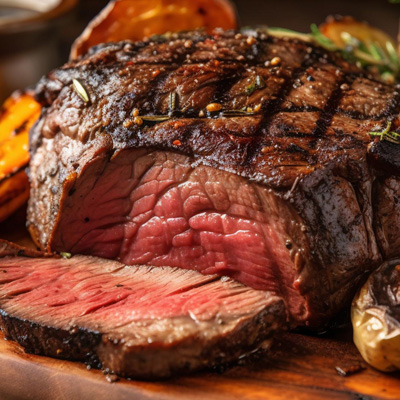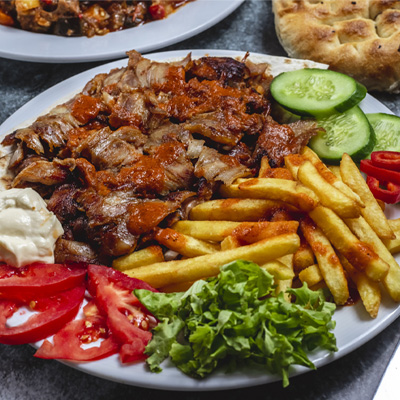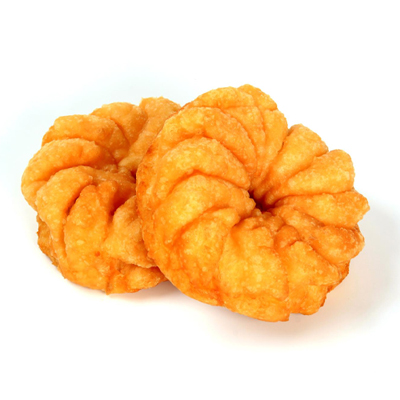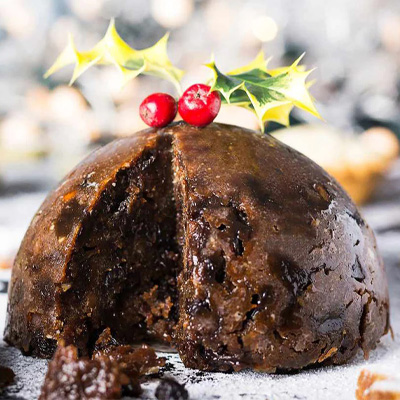Are you on a journey to shed those extra pounds and achieve a healthier, fitter body? Losing weight is a common goal for many, but it requires the right approach, dedication, and informed decisions. In this long-form article, we will delve into the topic "How to Lose Weight Faster?" and provide you with expert tips and insights to help you on your weight loss journey. From understanding the basics to developing sustainable habits, we've got you covered!
How to Lose Weight Faster? - Understanding the Fundamentals
Before diving into specific strategies, let's grasp the fundamentals of weight loss. Losing weight occurs when you create a calorie deficit, meaning you burn more calories than you consume. Here are key points to remember:
Calories In vs. Calories Out: Weight loss is all about consuming fewer calories than your body burns through daily activities and exercise.
Balanced Diet: Opt for a balanced diet that includes all major food groups in appropriate portions, ensuring you get essential nutrients.
Regular Exercise: Combine a healthy diet with regular physical activity to boost your metabolism and burn extra calories.
Lifestyle Changes: Sustainable weight loss involves adopting healthy lifestyle habits and avoiding fad diets.
The Role of Diet in Faster Weight Loss
Your diet plays a central role in your weight loss journey. To lose weight faster, focus on the following aspects:
-
Incorporate Lean Proteins
Proteins are vital for muscle repair and growth, and they can help you feel fuller for longer. Include lean protein sources like chicken, turkey, fish, tofu, and legumes in your meals.
-
Embrace Fiber-Rich Foods
Fiber aids digestion, keeps you satiated, and helps stabilize blood sugar levels. Increase your intake of fruits, vegetables, whole grains, and nuts to boost your fiber intake.
-
Hydrate, Hydrate, Hydrate
Drinking enough water not only keeps you hydrated but also helps control hunger and prevents overeating. Aim to drink at least 8 glasses of water daily.
-
Say No to Sugary Beverages
Avoid sugary sodas, energy drinks, and fruit juices, as they are high in empty calories and can sabotage your weight loss efforts.
-
Watch Portion Sizes
Be mindful of portion sizes to prevent overeating. Consider using smaller plates and bowls to control portion sizes visually.
-
Plan Your Meals
Prepare your meals ahead of time to avoid making impulsive food choices. This helps you stick to your diet plan more effectively.
The Importance of Regular Exercise for Faster Weight Loss
Exercise is a crucial component of any weight loss plan. Here's how it can help you lose weight faster:
-
Cardiovascular Exercises
Engage in cardio activities like running, cycling, swimming, or brisk walking to burn calories and improve heart health.
-
High-Intensity Interval Training (HIIT)
HIIT involves alternating between intense bursts of exercise and short recovery periods. It's an effective way to burn calories in less time.
-
Strength Training
Incorporate strength training exercises to build lean muscle mass, which helps increase your resting metabolic rate.
-
Flexibility and Mobility Exercises
Don't neglect flexibility and mobility exercises like yoga or pilates, which can improve your overall fitness and prevent injuries.
-
Stay Active Throughout the Day
Find opportunities to stay active throughout the day, such as taking the stairs instead of the elevator or going for short walks during breaks.
Combining Diet and Exercise for Optimal Results
For faster weight loss, combining a healthy diet with regular exercise is key. These two components work synergistically to help you achieve your goals.
-
Meal Prepping and Planning
Plan your meals to ensure they align with your fitness goals. Meal prepping can also save time and help you avoid unhealthy choices.
-
Post-Workout Nutrition
Pay attention to post-workout nutrition, as your body needs nutrients to recover and rebuild after exercise.
-
Track Your Progress
Keep a journal to track your food intake, exercise routine, and weight loss progress. It can help you identify patterns and areas for improvement.
-
Be Patient and Persistent
Weight loss is a gradual process, and results may not be visible immediately. Stay patient and consistent with your efforts.
-
Listen to Your Body
Give your body enough rest and recovery between intense workouts to prevent burnout and injuries.
Managing Stress and Sleep for Effective Weight Loss
Managing stress and getting adequate sleep are often overlooked aspects of weight loss. Here's why they matter:
-
The Impact of Stress on Weight
Stress triggers the release of cortisol, a hormone that can lead to weight gain, particularly around the midsection. Practice stress-reduction techniques like meditation and deep breathing.
-
Prioritize Sleep
Lack of sleep can disrupt your body's hormonal balance, leading to increased hunger and cravings. Aim for 7-9 hours of quality sleep per night.
-
Create a Relaxing Bedtime Routine
Establish a bedtime routine to signal your body that it's time to wind down and prepare for sleep.
-
Avoid Electronic Devices Before Bed
Limit screen time before bed, as the blue light emitted by electronic devices can interfere with your sleep quality.
How to Overcome Plateaus in Weight Loss?
It's common to experience weight loss plateaus, where your progress stalls. Here's how to overcome them:
-
Reassess Your Caloric Intake
As you lose weight, your caloric needs may change. Reevaluate your daily caloric intake to ensure you're still in a calorie deficit.
-
Mix Up Your Workout Routine
Try new exercises or change the intensity and duration of your workouts to challenge your body and break through plateaus.
-
Stay Consistent
Consistency is key in weight loss. Stick to your diet and exercise plan, even during plateaus, and trust the process.
-
Stay Hydrated
Proper hydration aids in digestion and metabolism. Drink enough water to support your weight loss efforts.
How to Sustain Your Weight Loss Success?
Maintaining your weight loss success requires ongoing effort and commitment. Here are some strategies to help you sustain your progress:
-
Embrace a Healthy Lifestyle
View weight loss as a journey to a healthier lifestyle, not just a short-term goal. Adopt healthy habits that you can maintain long-term.
-
Practice Mindful Eating
Pay attention to your hunger and fullness cues, and avoid emotional eating or mindless snacking.
-
Reward Yourself Strategically
Celebrate your achievements with non-food rewards, such as a spa day or a new workout outfit.
-
Surround Yourself with Support
Build a support network of friends, family, or a weight loss group to keep you motivated and accountable.
FAQs
Can I lose weight faster without exercising?
While it's possible to lose weight by focusing solely on your diet, combining diet and exercise yields more effective and sustainable results.
How long does it take to see noticeable weight loss results?
The rate of weight loss varies for each individual. Some may notice changes in a few weeks, while others may take longer. Stay patient and consistent.
Are fad diets effective for faster weight loss?
Fad diets may offer quick results, but they are often unsustainable and can be harmful to your health. Focus on making lasting lifestyle changes.
Is it okay to indulge in occasional treats during weight loss?
Occasional treats are fine as long as you practice moderation. Allow yourself small indulgences, but don't overdo it.
Can stress hinder weight loss progress?
Yes, high stress levels can lead to weight gain or hinder weight loss due to the release of cortisol, the stress hormone.
Do weight loss supplements really work?
While some supplements may aid in weight loss, they should not be relied upon as the primary method for losing weight. Focus on diet and exercise.
Conclusion
Losing weight faster is achievable with the right strategies and a balanced approach. By understanding the fundamentals of weight loss, combining a healthy diet with regular exercise, managing stress, and prioritizing sleep, you can embark on a successful weight loss journey. Remember that it's not just about the destination but also about adopting a sustainable and healthier lifestyle in the long run.













